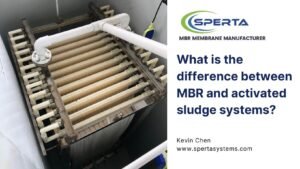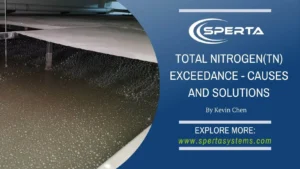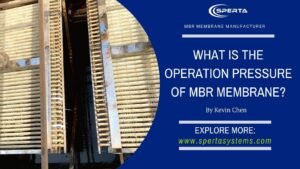Membrane filtration is very reliable in the field of water treatment and purification. You may have some questions about the effect of membrane filtration. What role does it play in ensuring access to clean and safe water? Let’s dive into the world of membrane filtration. This article will explore its effectiveness, applications, and benefits.
Understanding Membrane Filtration
The separation process is the core of membrane filtration. Particles, contaminants, and impurities in fluid are removed from the semi-permeable membranes. This filtration technique is known because of its ability to capture microscopic substances. It has become an essential tool in all kinds of industries and applications.
The Benefits of Membrane Filtration
A range of advantages of Membrane filtration make MBR a practical choice for water treatment and purification:
- Highly Efficient: Membranes not only can remove particles, microorganisms, and contaminants effectively but also clean the water.
- Selective Filtration: In order to ensure the removal of targeted contaminants, you can tailor the size and characteristics of the membranes to your specific needs.
- Minimal Chemical Usage: MBR membranes are more scientific than traditional water treatment methods. It requires fewer chemicals and has less impact on the environment than the previous one.
- Consistency: Membrane systems deliver consistent water quality. The purified water always meets regulatory standards.
Applications Across Industries
Membrane filtration can applied in various industries, including:
- Drinking Water Treatment: Membrane filtration can remove bacteria, viruses, and harmful chemicals, so it plays a vital role in producing safe drinking water.
- Wastewater Treatment: Membrane bioreactors (MBRs) combine biological treatment with membrane filtration. It can enable efficient water recovery in wastewater treatment plants.
- Food and Beverage: The food and beverage industry relies on membrane filtration to clarify, sterilize, and concentrate liquids.
- Pharmaceuticals: Membrane filtration ensures the purity of pharmaceutical products by removing contaminants.
- Desalination: Reverse osmosis membranes are used to desalinate seawater. And it can provide fresh water in arid regions.
Challenges and Considerations
Although membrane filtration is highly effective, it also has challenges. The performance of the membrane will be affected by dirt, so regular maintenance is required. In order to solve these problems, It is crucial to design and maintain the system.
Is Membrane Filtration the Right Choice for You?
Factors such as water sources, contaminants, and regulatory requirements often affect your specific membrane filtration needs. It is beneficial to get some consultation from experts and membrane manufacturers.
How Can I Optimize Membrane Filtration Efficiency?
A systematic design is required to ensure optimal performance. Regular maintenance and monitoring are desirable. You can collaborate with experienced professionals to achieve efficiency in membrane filtration.
Conclusion
In conclusion, membrane filtration is a highly effective and versatile solution for water treatment and purification. It becomes an invaluable tool for ensuring access to clean and safe water because of its precision, minimal use of chemicals, and versatile applications.
Whether in drinking water treatment, wastewater reclamation, or industrial processes, membrane filtration is vital in enhancing water quality and sustainability.
The above is the information about the efficiency of membrane filtration. If you still have questions about the membrane bioreactor or need to purchase MBR membranes, don’t hesitate to contact SPERTA.
Shanghai SPERTA Environmental Technology Co., Ltd. has specialized in producing water treatment products for many years. The company has the core technology of producing MBR membrane components. It has a high production capacity, aiming to build a high-quality brand of MBR production and sales all over the world. If you have any needs, please feel free to contact us.







